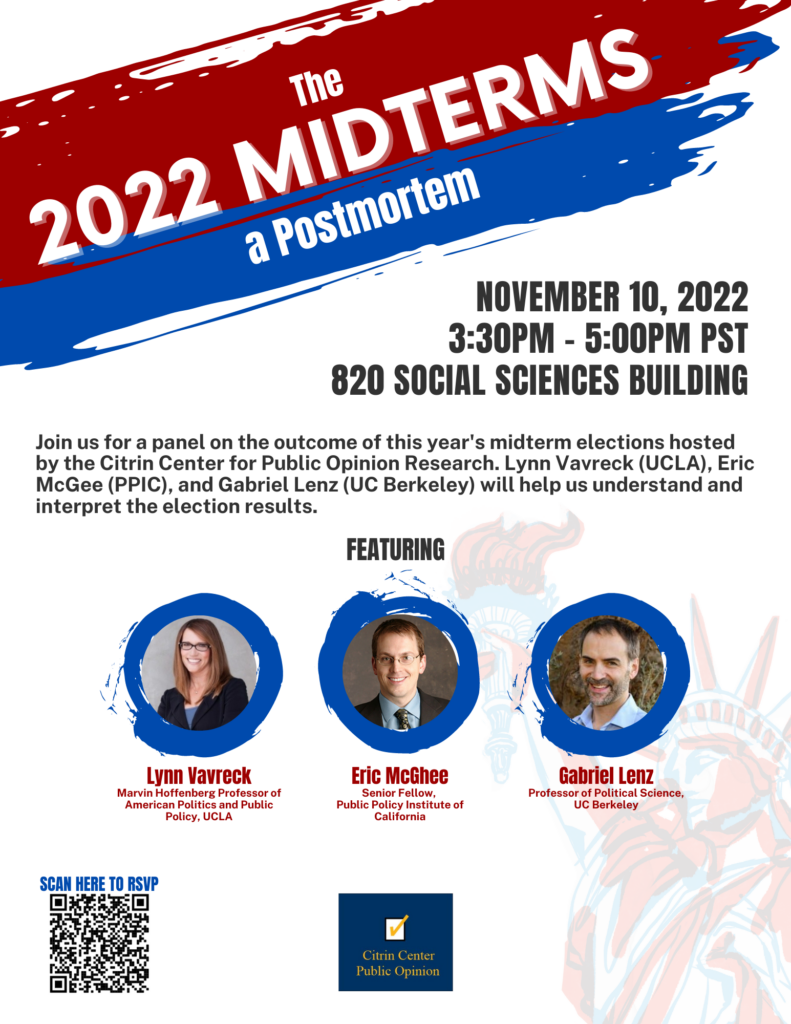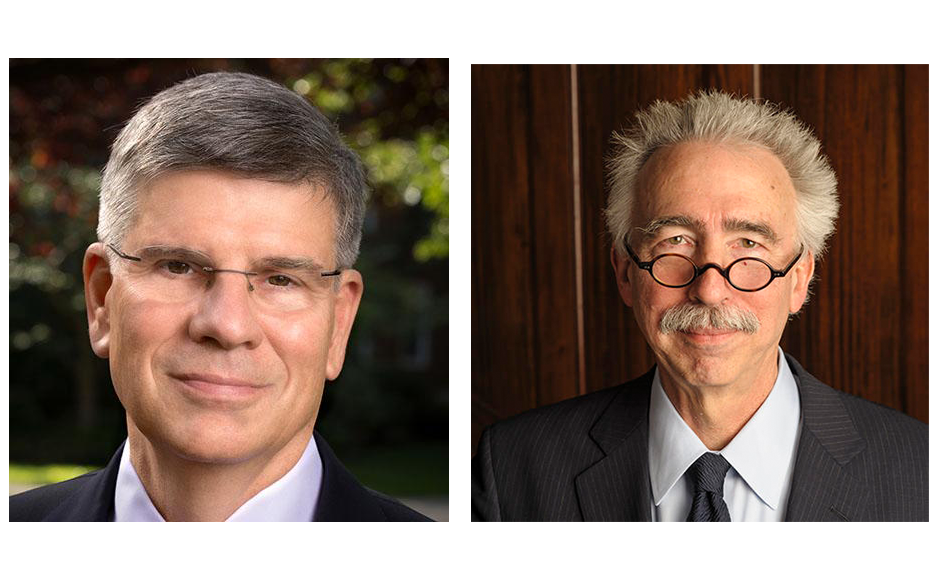Please join us on May 1 at 4pm for a Matrix Distinguished Lecture by Orlando Patterson, John Cowles Professor of Sociology at Harvard University. The title of Professor Patterson’s lecture will be “Slavery and Genocide: The U.S, Jamaica and the Historical Sociology of Evil.” Stephen Best, Professor of English at UC Berkeley and Director of the Townsend Center for the Humanities, will be the discussant. Co-sponsored by the Townsend Center for the Humanities.
About Orlando Patterson
Orlando Patterson, a historical and cultural sociologist, is John Cowles Professor of Sociology at Harvard University. He previously held faculty appointments at the University of the West Indies, his alma mater, and the London School of Economics where he received his Ph.D. His academic interests include the culture and practices of freedom; the comparative study of slavery and ethno-racial relations; and the cultural sociology of poverty and underdevelopment with special reference to the Caribbean and African American youth. He has also written on the cultural sociology of sports, especially the game of cricket. Professor Patterson is the author of numerous academic papers and 6 major academic books including, Slavery and Social Death (1982); Freedom in the Making of Western Culture (1991); The Ordeal of Integration (1997); and The Cultural Matrix: Understanding Black Youth (2015).
A public intellectual, Professor Patterson was, for eight years, Special Advisor for Social policy and development to Prime Minister Michael Manley of Jamaica. He was a founding member of Cultural Survival, one of the leading advocacy groups for the rights of indigenous peoples, and was for several years a board member of Freedom House, a major civic organization for the promotion of freedom and democracy around the world. The author of three novels, he has published widely in journals of opinion and the national press, especially the New York Times, where he was a guest columnist for several weeks. His columns have also appeared in Time Magazine, Newsweek, The Public Interest, The New Republic, and The Washington Post.
He is the recipient of many awards, including the National Book Award for Non-Fiction which he won in 1991 for his book on freedom; the Distinguished Contribution to Scholarship Award of the American Sociological Association; co-winner of the Ralph Bunche Award for the best book on pluralism from the American Political Science Association; and the Anisfield-Wolf Book Award for Lifetime Achievement. He holds honorary degrees from several universities, including the University of Chicago, U.C.L.A and La Trobe University in Australia. He was awarded the Order of Distinction by the Government of Jamaica in 1999. Professor Patterson has been a member of the American Academy of Arts and Sciences since 1991.
About Stephen Best
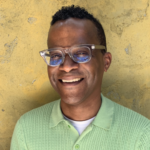 Stephen Best’s scholarship encompasses a variety of fields and materials: American and African-American literature and culture, cinema and technology, rhetoric and the law, and critical theory. His research pursuits in the fields of American and African American criticism have been rather closely aligned with a broader interrogation of recent literary critical practice. To be specific, his interest in the critical nexus between slavery and historiography, in the varying scholarly and political preoccupations with establishing the authority of the slave past in black life, quadrates with an exploration of where the limits of historicism as a mode of literary study may lay, especially where that search manifests as an interest in alternatives to suspicious reading in the text-based disciplines. To this end, Professor Best has edited a number of special issues of the journal Representations (on whose board he sits) – “Redress” (with Saidiya Hartman), on theoretical and political projects to undo the slave past, “The Way We Read Now” (with Sharon Marcus), on the limits of symptomatic reading, and “Description Across Disciplines” (with Sharon Marcus and Heather Love), on disciplinary valuations of description as critical practice.
Stephen Best’s scholarship encompasses a variety of fields and materials: American and African-American literature and culture, cinema and technology, rhetoric and the law, and critical theory. His research pursuits in the fields of American and African American criticism have been rather closely aligned with a broader interrogation of recent literary critical practice. To be specific, his interest in the critical nexus between slavery and historiography, in the varying scholarly and political preoccupations with establishing the authority of the slave past in black life, quadrates with an exploration of where the limits of historicism as a mode of literary study may lay, especially where that search manifests as an interest in alternatives to suspicious reading in the text-based disciplines. To this end, Professor Best has edited a number of special issues of the journal Representations (on whose board he sits) – “Redress” (with Saidiya Hartman), on theoretical and political projects to undo the slave past, “The Way We Read Now” (with Sharon Marcus), on the limits of symptomatic reading, and “Description Across Disciplines” (with Sharon Marcus and Heather Love), on disciplinary valuations of description as critical practice.
Best is the author of two books: The Fugitive’s Properties: Law and the Poetics of Possession (University of Chicago, 2004), a study of property, poetics, and legal hermeneutics in nineteenth-century American literary and legal culture; and, most recently, None Like Us: Blackness, Belonging, Aesthetic Life (Duke University Press, 2018).
His work has been supported by the Mellon Foundation, the Hellman Foundation, the Humanities Research Institute (University of California), and the Ford Foundation. In 2015-2016, he was the Mary Bundy Scott Professor at Williams College, and in spring 2020 he was the Whitney J. Oates Fellow in the Council of the Humanities at Princeton University.
View Map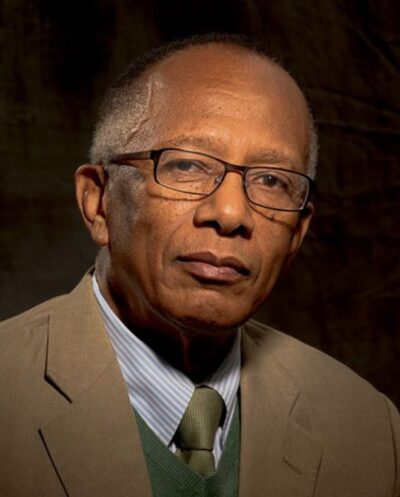
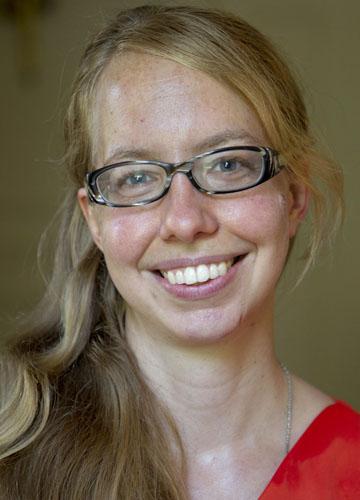


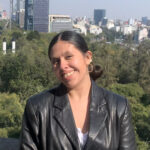



 Mariano-Florentino (Tino) Cuéllar
Mariano-Florentino (Tino) Cuéllar
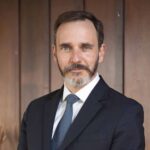 Pierre-Olivier Gourinchas
Pierre-Olivier Gourinchas
 John Zysman
John Zysman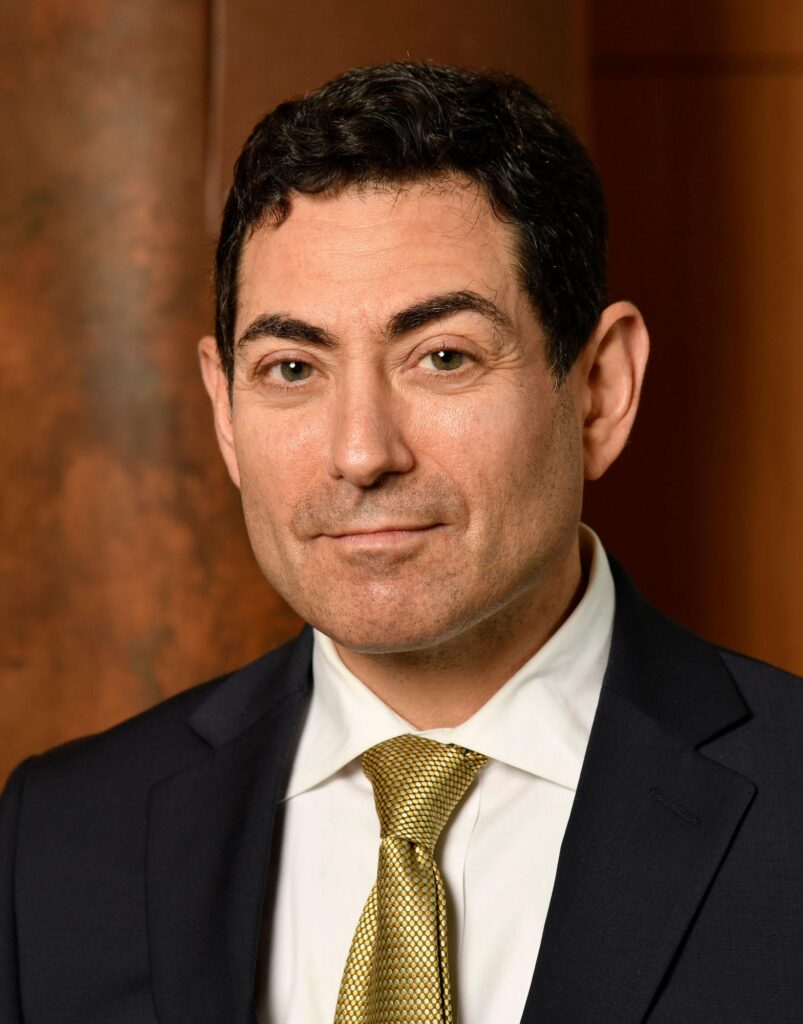
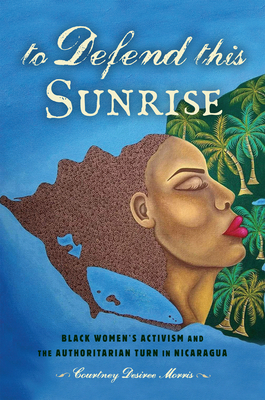
 Courtney Desiree Morris
Courtney Desiree Morris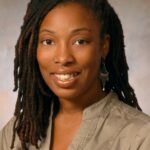 Tianna Paschel
Tianna Paschel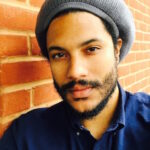 Jovan Scott Lewis
Jovan Scott Lewis Lok Siu
Lok Siu 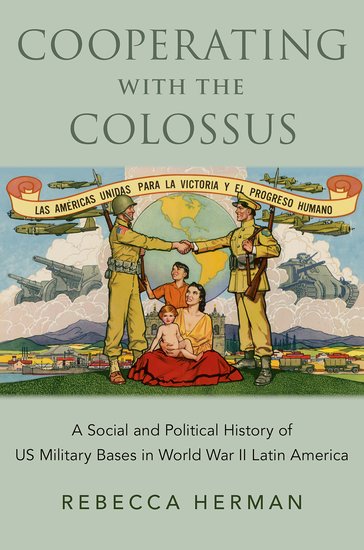
 Rebecca Herman
Rebecca Herman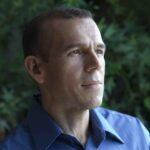 Julio Moreno
Julio Moreno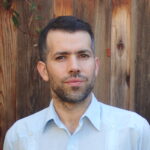 osé Juan Pérez Meléndez
osé Juan Pérez Meléndez Elena Schneider
Elena Schneider 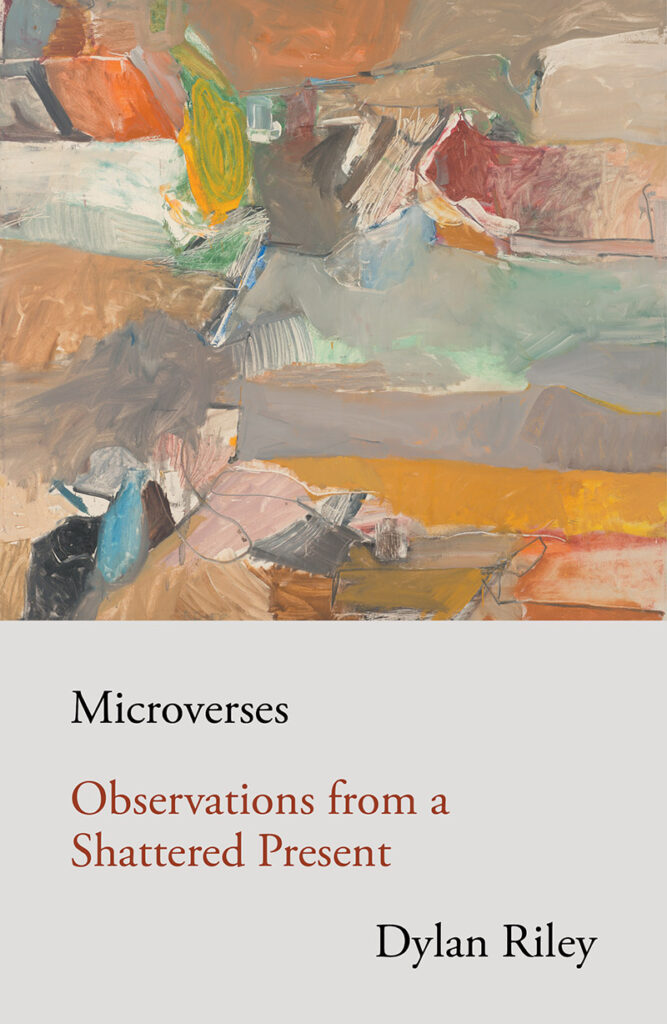


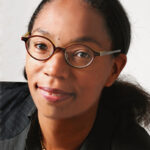
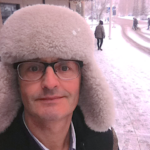

 Emmanuelle Cohen-Shacham is a consultant and the Nature-based Solutions Thematic Group lead at the International Union for the Conservation of Nature’s (IUCN) Commission on Ecosystem Management.
Emmanuelle Cohen-Shacham is a consultant and the Nature-based Solutions Thematic Group lead at the International Union for the Conservation of Nature’s (IUCN) Commission on Ecosystem Management.
